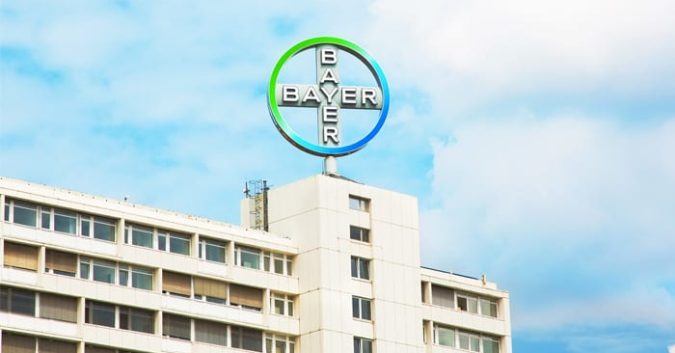The global pharmaceutical giant Bayer announced on Friday, July 20, that it will stop selling and distributing the highly controversial Essure® System for Permanent Birth Control, effective December 31, 2018. Bayer’s decision to end sales of Essure marks a major victory for thousands of women, as a long, ongoing battle has been waging over the device ever since it hit the U.S. market.
Bayer is presently dealing with over 16,000 lawsuits that claim the Essure implant is to blame for serious health problems, such as perforations of the uterus and fallopian tubes, and persistent pain and bleeding, among other issues.
In spite of the product’s removal from the U.S. – the last remaining market to sell the device – Bayer claims its choice to end sales is nothing more than a “business decision” prompted by years of declining sales. Bayer continues to stand by the safety and effectiveness of the device, claiming there has been a gluttony of “inaccurate and misleading publicity” about the device, and that the decrease in sales was not due to safety concerns, but rather, a decline in the number of women who elect to use permanent contraception.
Bayer ended sales of Essure outside the U.S. in September 2017, also citing “commercial reasons,” not safety concerns.
What Is Essure? Is It Dangerous?
Marketed as a one-of-a-kind, nonsurgical alternative to tubal ligation (or getting one’s “tubes tied”), the Essure System for Permanent Birth Control contains 2, inch-long, flexible coils made of nickel and titanium. In a minimally invasive procedure that takes roughly 10 minutes, an Essure coil is inserted into each of a woman’s fallopian tubes to build scar tissue that will, over a period of several weeks, create a natural barrier that blocks sperm from fertilizing a woman’s eggs.
Among the many painful problems that women reported experiencing with the Essure implants were:
- Severe internal bleeding
- Persistent pain (and bleeding)
- Allergic reactions to the nickel in the implant
- Unintentional piercing of the fallopian tubes and/or uterus
- Migration of the device into the pelvis, abdomen, or other parts of the body
- Unplanned pregnancy
- Consistent autoimmune problems
Between 2002 and 2017, the patient problems most frequently reported to the FDA were: pain/abdominal pain (21,215 complaints), heavier menses/menstrual irregularities (9,846 complaints), headache (7,231 complaints), fatigue (5,842 complaints), and weight fluctuations (4,970 complaints).
In many cases, the reported incidents were so severe that women required the devices to be surgically removed.
Ongoing Battle Ends with Small Victory for Americans
Though the Food and Drug Administration (FDA) approved the Essure implant in 2002, the federal agency has watched reports of complications with the device continue to mount year after year. Like Bayer, however, the FDA has consistently maintained that the device’s benefits outweigh its risks.
In 2016, the FDA required Bayer to add a “black box” warning label to their product – the highest-level warning issued by the FDA – along with a 3-page checklist that doctors were required to read over with their patients before implantation.
Still, while last year Bayer stopped sales of Essure in all other countries but the U.S., the FDA only imposed another restriction on the product, which limited sales of Essure only to doctors who fully guaranteed they were warning all of their female patients about the device’s risks. Along with this specific sales restriction, Bayer was charged by the FDA with fully implementing the requirement on their own. Perhaps it was this liability that ultimately pushed Bayer to its decision to end sales entirely.
This public victory should be celebrated by the many outstanding female consumers who stood up against one of the largest pharmaceutical corporations in the world, and won. It will never, however, take back the pain suffered by thousands of women who had the device implanted. Still, with 16,000 lawsuits pending, one can only hope that the justice system will prevail once again, sending Bayer a clear and concise message: We the public will stand up for what is right, and we will win.
